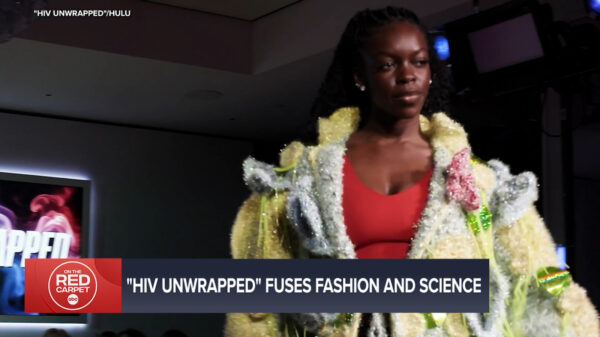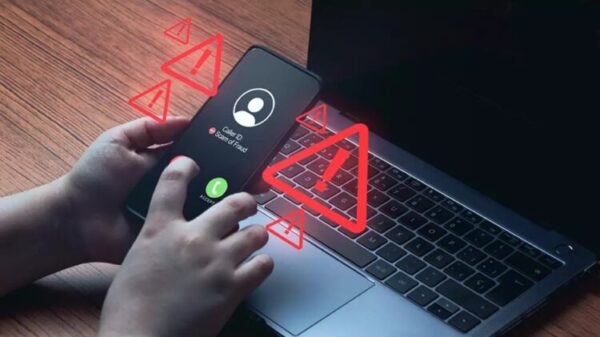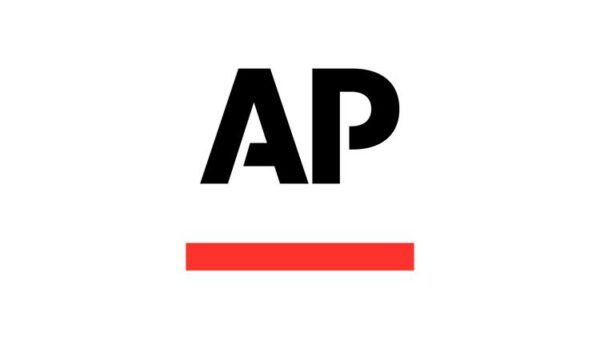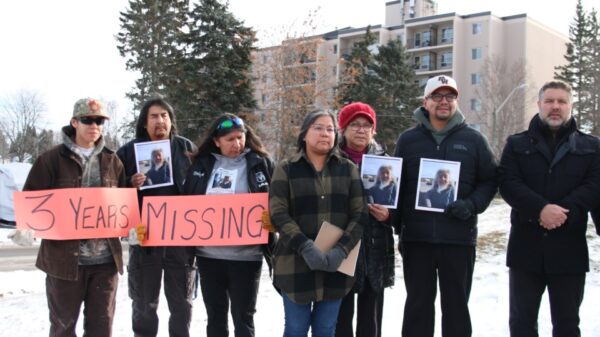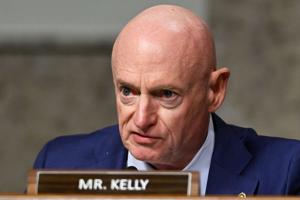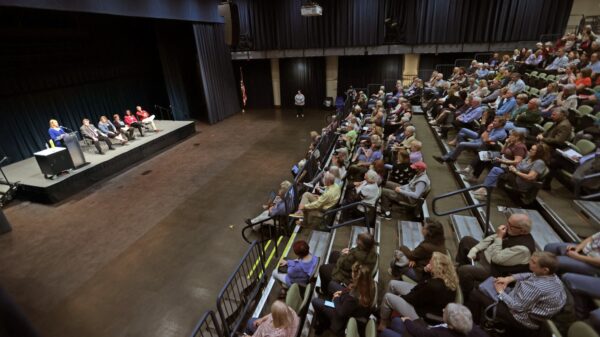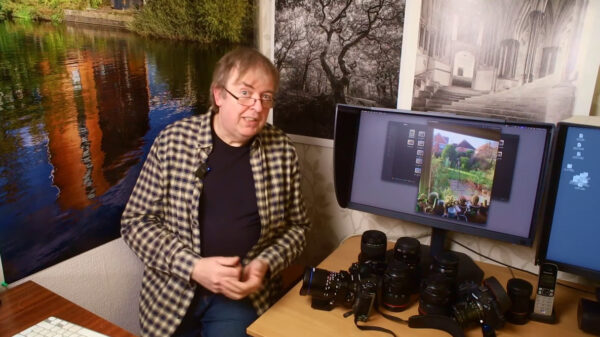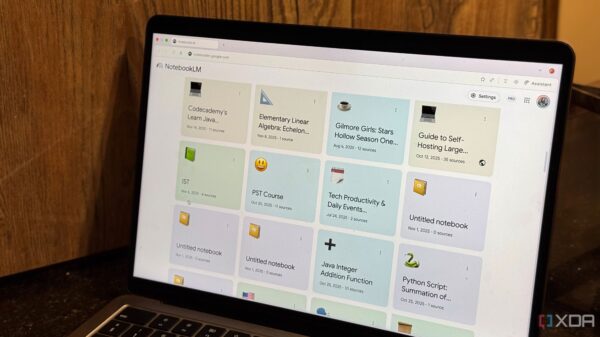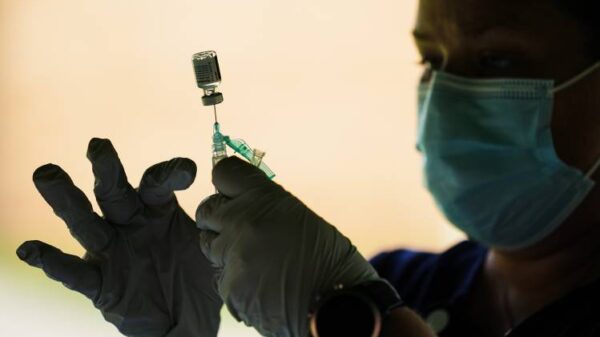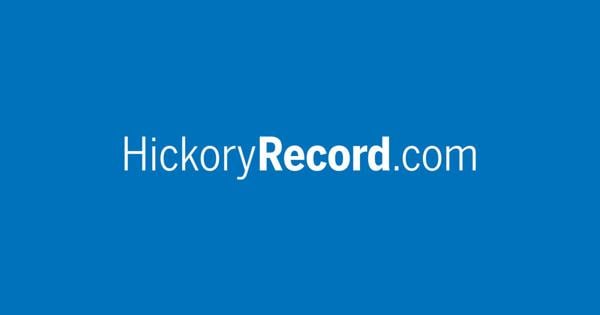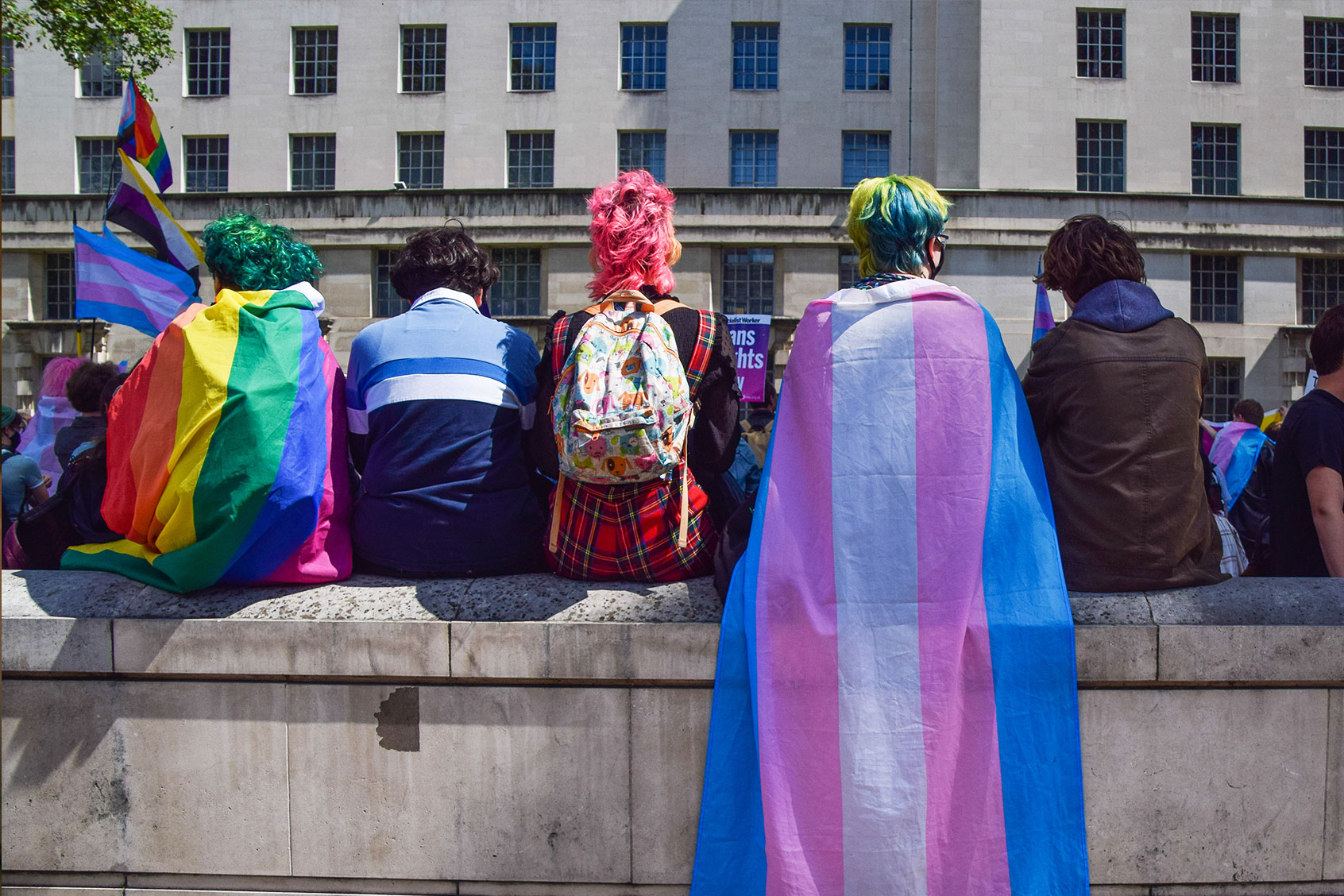The 988 Suicide and Crisis Lifeline will cease its dedicated services for LGBTQ+ youth after July 17, 2023. This decision follows funding cuts initiated by former President Donald Trump and congressional Republicans, drawing criticism from advocates who view the move as an effort to marginalize transgender individuals. The announcement was made on June 17, 2023, coinciding with Pride Month, further intensifying concerns within the LGBTQ+ community.
The Substance Abuse and Mental Health Services Administration stated that the lifeline would no longer segregate services for LGBTQ+ youth, instead claiming a broader focus on assisting all individuals seeking help. Critics argue that this shift deliberately excludes transgender and queer individuals, as the agency’s language now refers only to “LGB” youth, effectively erasing the “T.”
Advocates, including Aaron Almanza, executive director of the LGBT National Help Center, expressed their disappointment. Almanza noted that the decision to cut these vital services represents a direct attack on vulnerable populations, stating, “This decision was not made out of financial necessity but rather from a desire to eliminate and disenfranchise our community.” He remarked that the timing of the announcement aimed to incite fear within the LGBTQ+ community.
The national lifeline was launched in 2022, following a unanimous vote in Congress for the National Suicide Hotline Designation Act. Trump signed this legislation, which included provisions specifically aimed at supporting LGBTQ+ youth. The lifeline previously received over 11 million calls in its first three years, with approximately 1.5 million of those calls coming from LGBTQ+ youth seeking specialized assistance.
Mark Henson, CEO of the Trevor Project, emphasized the potential negative impact of this decision. He stated, “LGBTQ+ youth are more than four times as likely as their peers to attempt suicide, so this shutdown of this program from the administration is really a direct attack on LGBTQ+ youth.” Henson highlighted that while the general 988 hotline will still operate, it will lack the specialized support previously available to LGBTQ+ youth.
In response to the cuts, a petition supported by the Trevor Project has garnered over 50,000 signatures, urging the administration to restore these essential services. Henson described the importance of having counselors who understand the unique challenges faced by LGBTQ+ youth, similar to how the Veterans Crisis Line employs counselors with military backgrounds to connect with veterans.
The elimination of these services could strain the overall 988 system, which was designed to address the specific needs of high-risk populations. According to Henson, the LGBTQ+ youth services were established due to a recognized need, and their removal could lead to misdirected calls and inadequate support for those in crisis.
Almanza noted an uptick in calls to the LGBT National Help Center since the last election, indicating rising concerns within the community. He stated, “We are seeing burnout from a community that sees a coordinated attack on our very existence in so many aspects of everyday life.” Many callers now express fears of violence, loss of resources, and increasing hopelessness, reminiscent of distress signals during the HIV epidemic.
While the government has withdrawn support for LGBTQ+ youth through the 988 number, the Trevor Project continues to operate a privately funded crisis hotline for individuals aged 13 to 24 at (866) 488-7386. Additionally, the Trans Lifeline offers support at (877) 565-8860, available from 1:00 PM to 9:00 PM Eastern Time. The LGBT National Help Center also maintains multiple hotlines, with their national Youth Talkline reachable at (800) 246-7743.
As the situation evolves, advocates stress the importance of accessible support for LGBTQ+ youth, especially amid increasing societal pressures. The recent changes serve as a stark reminder of the ongoing challenges faced by marginalized communities in the United States.




